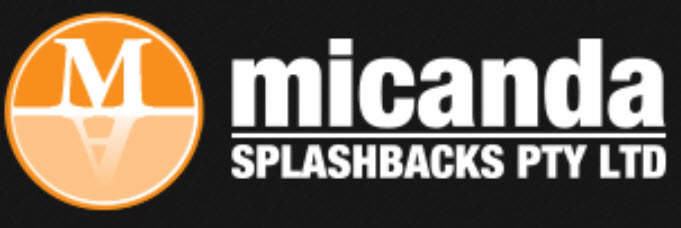Search engine optimisation (SEO) boosts your website’s ranking. It focuses on improving your site’s technical configuration, content relevance and link popularity to increase your page’s rank.
While SEO isn’t an overnight solution, it can be a very effective medium to long-term strategy for your business. It’s also very cheap and, if done right, can help you cut down on your paid search advertising costs over time.
Keywords
 The first step in search engine optimisation (SEO) is identifying keywords relevant to your website and business. Keywords are essential because they tell search engines which topics your content covers and how it relates to other queries. As a result, they can help drive more search-driven traffic to your website and improve your organic ranking on search results pages. Visit SEO Pros Adelaide for more information.
The first step in search engine optimisation (SEO) is identifying keywords relevant to your website and business. Keywords are essential because they tell search engines which topics your content covers and how it relates to other queries. As a result, they can help drive more search-driven traffic to your website and improve your organic ranking on search results pages. Visit SEO Pros Adelaide for more information.
The best way to find valuable keywords is to use a keyword tool. Many of these tools are free and will give you data on how many people search for a specific phrase and how difficult it is to rank for it. You can also use them to discover new variations and see the average monthly keyword searches.
It’s also a good idea to diversify your keyword strategy, not just to use the exact keywords as everyone else. A long-tail keyphrase, for example, is more likely to be relevant to your business and give you a better chance of ranking higher on a SERP.
You can also improve your content based on what users are searching for, which will help your site appear more frequently in the search results. The most effective way to do this is to ensure that your keywords are used in titles, H2 headings, meta descriptions, and occasionally throughout the content.
If you’re unsure how to get started with keywords, use WordStream’s free keyword research tool. It gives you access to thousands of keywords and keyword search volume data, all mailed to your inbox. You can even filter your keyword results by industry or country to identify the most valuable ones for your business.
On-page optimisation
Search engine optimisation (SEO) optimises your website to increase organic search visibility. It optimises page-specific elements like title tags, headings, content, and internal links with keywords to improve your site’s ranking in search engines.
Many aspects of on-page SEO include heading tags, title tags, and image optimisation. These on-page elements can help you achieve top search engine rankings, but they take effort to implement.
Heading tags are essential for on-page SEO, as they help Google better understand the content on your pages. For example, the title tag of your website’s homepage should include the target keyword you want to rank for. It should also include an H1 tag.
While the title tag is the most crucial on-page element for boosting search engine optimisation, several other factors should be considered. For instance, you should ensure that the content on your website is readable and skimmable for users.
You should also ensure you aren’t using duplicate content on your website. It can be very frustrating for both search engines and visitors. Fortunately, there are ways to prevent this from happening.
Keeping your pages updated with new content is also an excellent way to show search engines that you are active online and add further information. You can create recent blog posts, landing pages, and other strategies.
On-page optimisation is one of the most effective ways to ensure your content ranks high on search engine results pages (SERPs). It’s also one of the easiest ways to improve user experience and increase conversions.
Link building
Link building is an essential part of any SEO Adelaide strategy. It involves constructing a network of links across your website to demonstrate your authority in a given field to Google.
Back in the day, search engines used to rely on content alone to rank pages. However, they consider links one of the most important ranking factors.
Targeting authoritative and relevant websites for your business to get high-quality links would be best. The best way to find these sites is by using tools like Ahrefs.
You can use these tools to assess a website’s Page Authority (PA), a metric that shows how well a specific page will rank on SERPs. The PA can range from 1 to 100, a valuable metric that can help you determine which sites to build backlinks with.
Then, you can contact those website admins and request a backlink to your website. Having links from these sites can help your site get more traffic and sales.
But if you want to ensure that your links are high quality, you need to follow the guidelines set by Google. Otherwise, your links could be flagged as black hat, and you might be penalised by Google.
Another issue to be aware of regarding link building is your anchor text. Generally speaking, you should avoid using keyword-rich anchor text in your backlinks, as this can be seen as manipulative by Google. You should also avoid using URLs close to your site or your target keywords.
